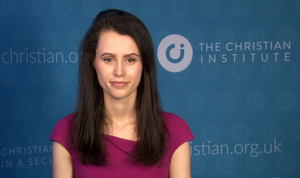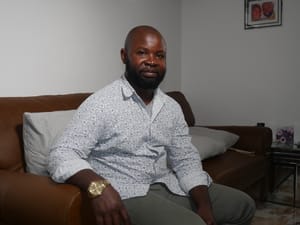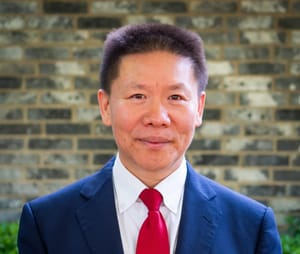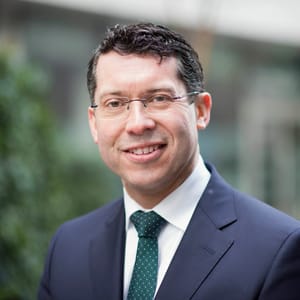The narrator is one of three Tamang men whose ministries the Lord has blessed to their fellow people. As there is official opposition to Christians in Nepal this narrative preserves the anonymity of those concerned.
In 1967 two women Bible translators arrived from Australia and travelled to my district. They asked the Chief District Officer (CDO) where there might be people who speak good Tamang.
He pointed them to our village, and they met our village headman. The headman told me I should work with them to teach them Tamang, as I had a little English and was educated. At that time neither I nor any in our village had any knowledge of Christianity.
The ladies settled in the village and began learning Tamang with me, paying me four rupees per day. In the second year, one of the ladies became seriously ill and had to return home; another came from Scotland to replace her.
Together, for the following 20 years, the three of us worked on translating the New Testament. Also that year, the ladies invited me to Kathmandu to a small fellowship meeting in an upper room in New Road.
It took me about 3 years to come to faith in Christ – not like some people, who hear and straightaway say they believe!
Bold witness
I was concerned about what would happen if a member of my family died. If I didn’t do the mourning rituals, a report would be lodged and I could be imprisoned for conversion and lose my inheritance.
During this time I witnessed to my wife, mother and father. My wife and mother came to faith fairly soon but it took a long time with much prayer before my father (who was deputy headman and drank strong spirits) received Christ.
During that time I began to pray for the healing of sick neighbours. People were healed in answer to prayer and by around 1970 ten households had come to Christ. I taught the believers and baptised them.
After some time, opposition came from traditional healers and priests in a neighbouring village and they filed a report to the CDO. The people of my own village, however, gave no opposition because I had helped bring them primary health care.
Cleaner village
On receiving the report the police came to arrest my father and me. On their -arrival there was much discussion. They noticed the village was better, cleaner and healthier. Nevertheless, the next morning they arrested us and took us to the district centre, where we were incarcerated for ten days.
The village headman, however – a man of good reputation – came to argue for our release. He told the police that we had done nothing wrong and had made the village better. There were now toilets, for instance.
After vouching for our conduct he secured our release and told us to lie low for a while. The missionary ladies, however, were expelled from the village by the CDO. I restarted the fellowship, but later another complaint was received and the police arrested six of us and incarcerated us for another ten days. As before, however, the headman came and secured our release.
Later all the believers except my family migrated from the village, so it became impossible to keep a fellowship going. I am now living in the city and continuing the work of Bible translation.



















